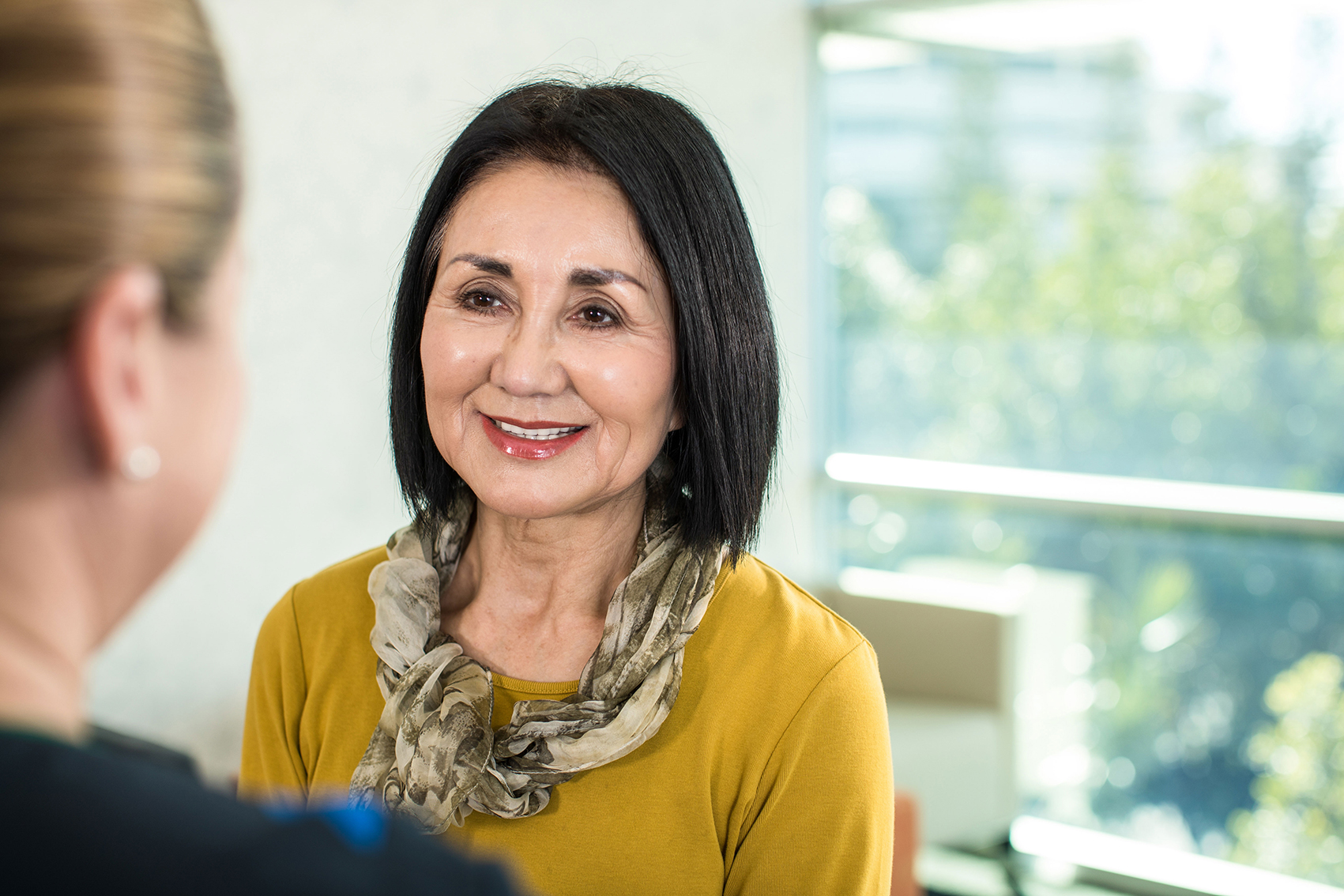Ovarian cancer involves abnormal cell growth within the ovary and surrounding tissues.
Ovarian cancer can be one of three types:
- Epithelial– which can involve either one or both ovaries, where cancer cells grow on the outside of the ovary. This type of ovarian cancer is the most common form, accounting for approximately 90% of ovarian cancers.2
- Germ cell – involves the cells that produce the eggs, and account for approximately 4% of all ovarian cancers.2
Stromal tumour – involves the tissues that support the ovary in producing oestrogen and progesterone hormones. This type of ovarian cancer is very rare.2
